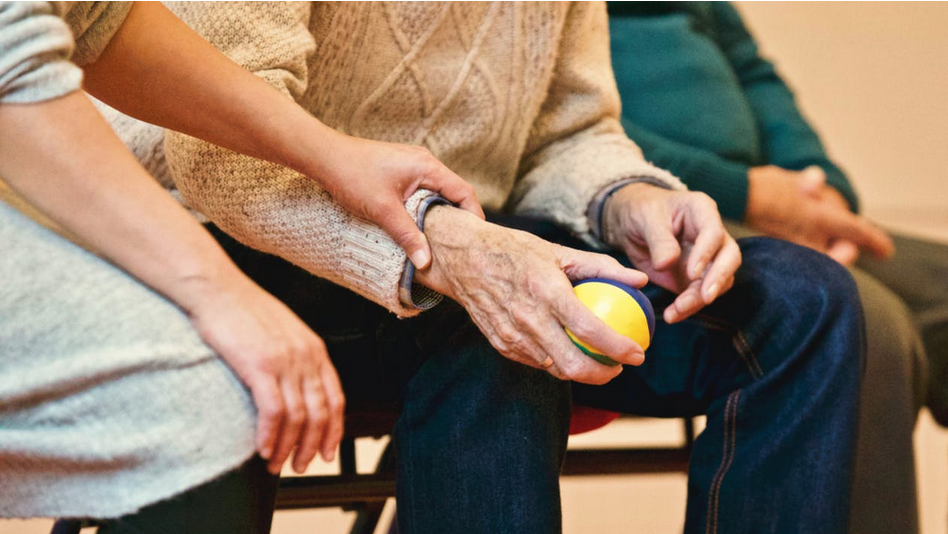Having a rare or chronic illness can make a person feel isolated and lonely. They may have people who definitely care but they would constantly need to connect with someone who is going through the same things. Having people around who care is one thing, but having people in your life who really “get it” and know exactly what you are going through, is another.
Among other things, talking with someone who is living with the same condition would allow them to share their thoughts freely. They wouldn’t have to screen them for fear of being judged. Nor would they have to explain that much because the other person already knows very well what they’re trying to say.
Aside from this, knowing the experiences of fellow patients could provide information that might be helpful in addressing one’s needs in relation to the disease.
It is, however, not that easy to find such people especially in the case of rare patients where the prevalence rate can be one in 100,000 population or lower. And considering the restrictions in the movement of people because of the pandemic nowadays, it is all the more difficult to find other people who have the same disease as someone has.
Good thing we are now living in a digitally connected world. Ben’s Friends allows people from different parts of the globe to connect with each other digitally. It also makes possible the creation of online rare disease support groups which allow patients go through their disease journey together with other people like them.
Ben’s Friends have long been a network of rare disease and chronic illnesses support groups. It has seen countless instances where patients have benefited from an online community.
Below are just some of the ways a patient benefits from an online rare disease and chronic illness support group.
1. Having access to information that includes actual experiences of patients
When someone is living with a rare disease or chronic illness, fully understanding the disease is essential. Becoming familiar with general information such as causes, symptoms, and body parts that are commonly affected can definitely help when dealing with the disease.
Beyond this, however, reading stories of fellow patients can provide invaluable insights not usually found in academic literature. It is one thing to know a set of symptoms. Knowing that somebody experienced them regularly at a certain time of the day and the things they did that helped alleviate the symptoms is another.
The online communities of Ben’s Friends have countless stories posted by members. Benefits from having access to this kind of information include being able to assess the symptoms one experiences, knowing available treatments and procedures, and knowing the questions one should ask their physician.
2. Learning about others’ experiences with treatments and medications
Many of our members carefully document the medications they have tried and what they experience as a result. They either post the information for the benefit of anyone who needs it or as a response to questions of other members.
One really good example is the medications category of our Living with Psoriatic Arthritis community. Topics include the biologic that have been working for them and how long they have been using it, possible impact of biologics on co-morbidities, and possible side-effects.
Imagine being able to read this wealth of information just when you are looking for options or at a time when your doctor is about to prescribe a medication. You can already ask your specialist important questions or give suggestions based on what you have learned from the site. You can also post your own questions on the site to gather further information.
3. Becoming familiar with specialists you might be able to consult
Especially in the case of rare diseases, finding a specialist that you can trust is definitely not easy. Just knowing names of practitioners familiar with your condition can already be a challenge. Getting reviews from previous patients is even more difficult. This is another problem that rare disease and chronic illnesses support groups can help you with.
Our Living with Eagle Syndrome community, for example, maintains lists of doctors both in the United States and outside of the US who are familiar with the condition. Our moderators update the list regularly, adding new names of doctors that receive good feedback from members and removing the ones who either have retired, changed specialization or received negative reviews.
Being connected with competent and compassionate doctors can surely make a difference in the patient’s treatment journey.
4. Having a good source of emotional support
There is no doubt that health problems can affect anyone emotionally. Even the toughest among us, at one point or another, would need to unload the pains and worries that go with a disease.
The chronic illnesses and rare disease support groups of Ben’s Friends provide a safe and supportive place for patients to vent in a healthy way whenever necessary. Members are screened before being admitted, the communities are moderated by rare disease patients themselves and every community is a no-spam-no-scam zone.
Patients living with ataxia, fibromyalgia, synovial sarcoma, and Sjögren’s Syndrome for instance can share their thoughts whenever they feel scared and lonely. Their fellow patient-members as well as the moderators will then surely lend an ear and offer encouraging words to lift them up.
Having a rare disease or chronic illnesses is definitely not a situation that anyone would aim to be in. However, those who are living with such conditions would definitely be glad to find other people who experience the same thing they do and understand their thoughts and feelings.
If you’re looking for a rare disease and chronic illnesses support group, check out the Ben’s Friends list of communities and join the one for your condition.
